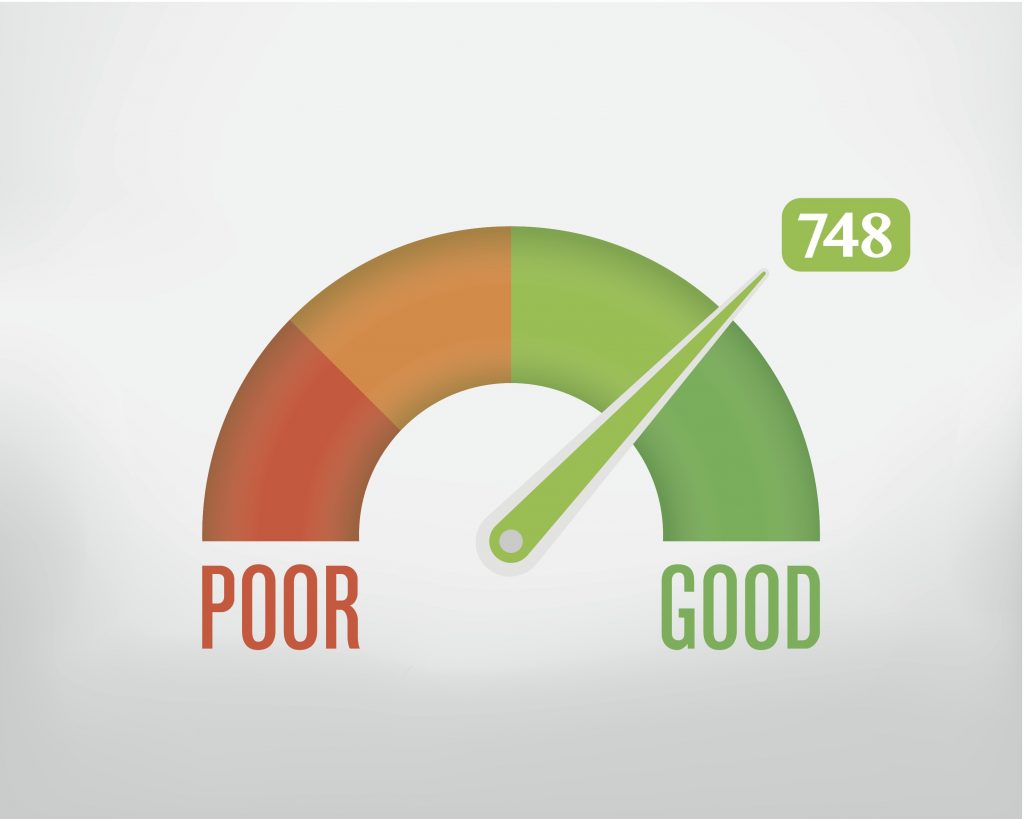Growing up, I was never taught about personal finances. Sure, I knew that money could buy you things, but that was the extent of my financial knowledge. When I graduated college, I had to teach myself everything about finances from scratch. Living on a small post-graduate income, I didn’t have lots of money to invest in financial courses and books. Thanks to the wealth of information on the Internet, I didn’t have to! Here is a list of the best free financial advice that I’ve learned in the years since graduating.
Spend less than you earn and get on a written budget.
Before you can become rich, it’s absolutely critical that you spend less money than you earn and get on a written budget. Ideally, you would not want to be living paycheck-to-paycheck but have some extra money in your budget each month.
Minimize debt.
Some people believe that debts such as mortgages and student loans are “good” debt, while some do not. Either way, any debt you have means you owe money to someone else and will (most likely) be paying interest on that debt. The less debt you carry, especially the high interest ones such as credit card debt, the more money you will have to invest. I personally am working towards being 100% debt free.
Save for emergencies.
It’s a fact of life: hard times are going to come. Be prepared for them by saving money in an emergency fund so you won’t have to go into debt to cover the emergency. I was so thankful I had my emergency fund when my car broke down recently. Financial guru Dave Ramsey recommends having $1,000 in your emergency fund ($500 if you’re low income), but I’m personally not comfortable with less than $1,500-$2,500 in a starter emergency fund. My eventual goal, once I pay off debt, is to save 3-6 months’ worth of living expenses in my emergency fund.
Diversify your investments.
When I was younger, I heard an elderly neighbor say something along the lines of “Don’t put all your eggs in one basket.” I always thought it was about just planning on only one outcome, but as I learned more about finances I realized the saying applies for it as well. I’ve heard stories of people who invest entirely into one stock, and when the stock market crashes their investment is entirely wiped out. Spreading your investments across a variety of assets is less risky.
Think long-term with your investments.
You know the saying “Rome wasn’t built in a day”? Well, the same is true for your finances. You won’t become a millionaire overnight, but by investing in retirement funds and mutual funds and thanks to the magic of compound interest, over time you can build up your net worth. I recommend investing 10-15% of your income into retirement and other investment accounts. If you can’t start with that much, start with as much as you can afford, even if it’s just a small amount. If your employer offers a match for a 401(k) or 403(b), I definitely recommend investing the maximum matching amount– otherwise, it’s like turning down free money!
Earn more.
I decided to work part-time in addition to working my full-time job (aka “side hustling”) when I decided I wanted to get out of debt. I love it! It allows me to gain work experience outside of my day job, plus it allows me to pursue something I’m passionate about—writing and inspiring others (through my blog.) Side hustle money can be used for anything from investing to paying off debt to travel.
Money isn’t everything.
Billionaires Warren Buffett and Bill Gates created the Giving Pledge, which encourages other billionaires to give away half of their earnings to charity. Buffett even went so far as to pledge to give away 99% of his wealth in his lifetime or within 10 years after his estate is settled upon his death. I love that idea. As much as I love finances, at the end of the day, it’s just money. You can’t take it with you when you pass away. This is why I believe in giving a portion of your income to charities and others in need.
Interesting posts from friends:








